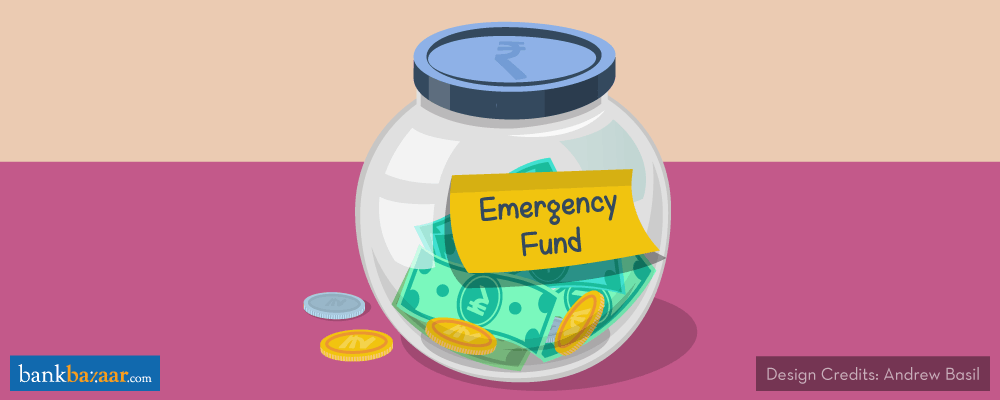
Emergencies usually come unannounced, and an Emergency Fund is your guardian angel to make sure your meticulous financial planning doesn’t go awry.
Such a contingency fund provides adequate cushion for the duration of the emergency, and as such should be the first item on your financial checklist. There are a few factors you should keep in mind as you compile this fund, and these are listed below:
Sufficient Corpus
You should look to compile an Emergency Fund that covers your expenses for several months at a time. If you are a salaried person, a fund that substitutes for six months of income is fairly sufficient.
On the other hand, if you are living with dependents or don’t have a regular income, you can stretch this tenure for longer – perhaps even a year.
Low-Risk Options
The core feature of an Emergency Fund should be its instant liquidity. To begin with, make sure you have a readily available amount in your savings bank account that is accessible through an ATM.
Over and above this, you can consider Fixed Deposits which are easily breakable. Liquid funds are another option, and an additional layer over and above these could be an ultra short-term bond fund. However, do look to spread your Emergency Fund across all these instruments so you can selectively tap into one or more depending on the scale of emergency you anticipate.
Topping Up
Of course, make sure your emergency fund doesn’t remain static. Inflation will inevitably bite and your monthly expenses will rise. Medical costs, in particular, have seen substantial gains over the past few years.
Your income may also grow and your circumstances change, and it is important to reassess the size of the fund so it matches your current requirements: an ideal amount when you’re 25 and single may be vastly different than when you are 35 and have a family to support.
Topping up is especially important when you have dipped into your fund, and you can typically aim to provide a top-up of 5-10% of the fund size to make sure it remains above the watermark of inflation.
To summarize, the best way to counter emergencies financially is to prepare for them. An Emergency Fund stacked together with the pointers above kept in mind should provide enough of a buffer to make sure you are financially taken care of until things stabilize again.
BankBazaar is a leading online marketplace in India that helps consumers compare and apply for Credit Cards, Personal Loans, Home Loans, Car Loans and insurance.